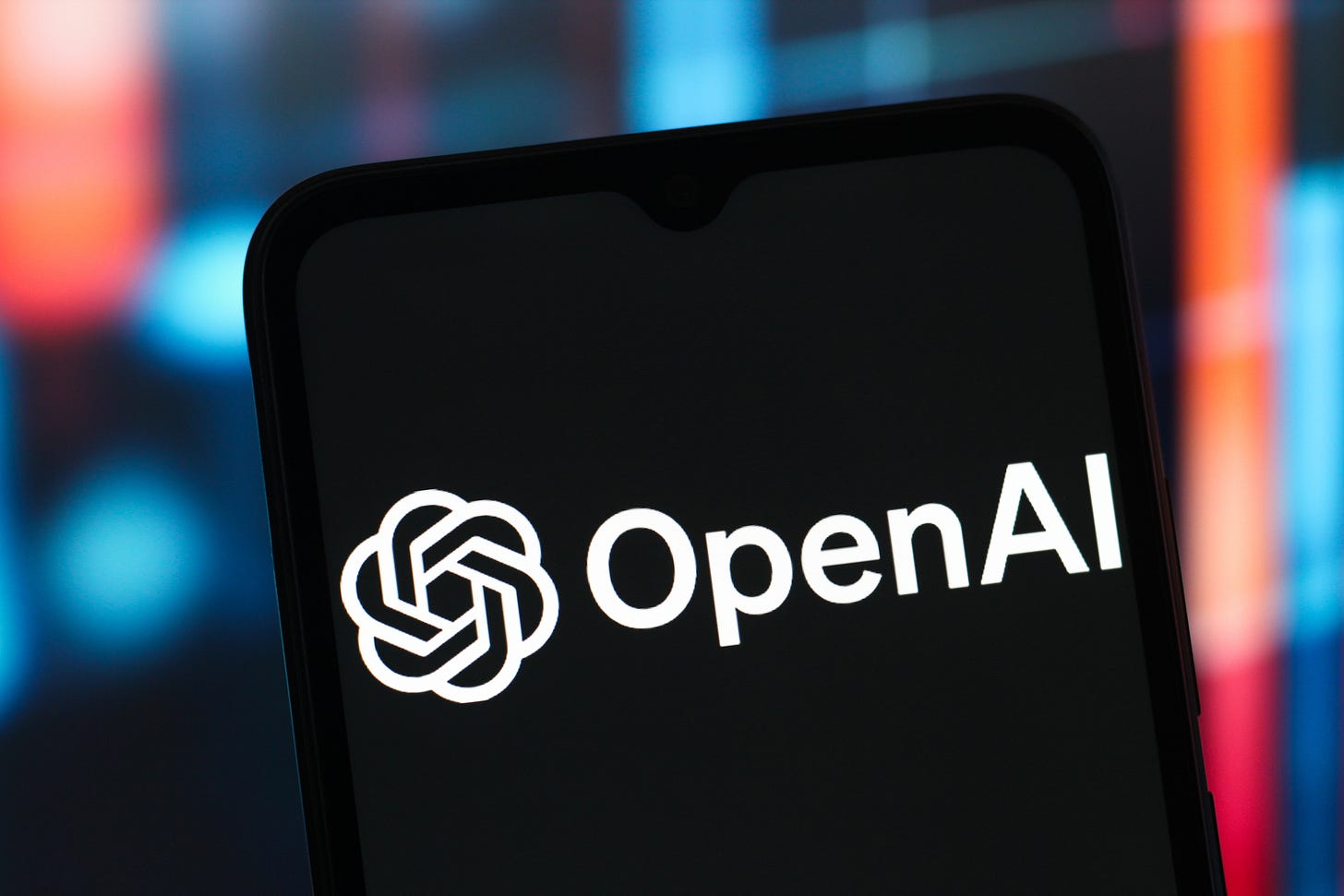FIRE: Voters want AI political speech protected – and lawmakers should listen
Polling reveals strong First Amendment concerns amid talk of new regulations

Support independent journalism, paid supporters get full access, including archived Substack Live Recordings at the Super Secret Members Page. $5/month, $50/year
A guest post from The Foundation for Individual Rights and Expression, find additional guest posts in 24sight’s The Vox Populi section.
FIRE/Morning Consult poll shows voters support more speech, not less, in AI debate
By John Coleman and Sean Stevens
As artificial intelligence plays a growing role in political discourse, lawmakers across the country have rushed to propose new regulations over fears that misinformation will proliferate with the new technology. But new polling suggests these efforts may not fully reflect public sentiment and serve as a red flag for lawmakers when their state legislatures reconvene in the fall.
A recent national survey conducted by Morning Consult for the Foundation for Individual Rights and Expression finds that American voters strongly support prioritizing free speech when crafting AI regulations, even amid growing concerns about AI’s impact.
Sixty percent of voters say AI-generated content poses a greater threat to elections than government regulation of it. Yet when pressed to choose between stopping deceptive content and protecting free speech, voters side with free speech, 47% to 37%. That support cuts across political lines.
These numbers also tell a complicated story: Americans are uneasy about AI, but they’re more concerned about the government using AI regulation as a tool to silence dissent, just like many Americans feel about the government regulating content on social media. Our most recent survey shows a striking 81% worry that rules governing election-related AI content could be misused to suppress criticism of elected officials. And over half fear that making it a crime to publish altered political content could chill legitimate political commentary.
These aren’t abstract fears. Across the country, lawmakers have introduced, and even enacted, bills that would target the mere sharing of AI-generated political content, no matter the context or intent. In Texas and Vermont, for example, proposed legislation cast such a wide net that distributing satire, parody, criticism, or even memes would have been banned or otherwise ensnared in regulation. Ordinary citizens, not just political campaigns, would face penalties for posting altered images of politicians online.
Americans have the right to speak, joke, criticize, and comment freely, regardless of whether they use AI as an expressive tool in doing so. When lawmakers write vague or sweeping rules about what people can say about candidates, they silence the very public discourse that elections foster.
Indeed, 28% of voters say government regulation of AI-generated or AI-altered content would make them less likely to share content. That’s not just a statistic, it’s a warning sign. Lawmakers risk silencing voters when their voices matter most. And the effect is even greater among young people, who are significantly more likely to engage with and create AI-generated content. When nearly a third of voters, especially the next generation of political voices, are deterred from participating in public discourse, we’re not just regulating technology — we're shrinking the space for political engagement.
Not every datapoint in the polling breaks in favor of free speech. Protecting speech commands broad support, yet many voters also favor checks on misinformation. In the same FIRE survey, while 77% of voters think preserving the right to freedom of speech should be the government's main priority when making laws that govern the use of AI, 74% of voters believe it’s more important to protect people from misinformation than it is to protect free speech.
Even so, the poll suggests many voters want any effort to curb misinformation to have firm safeguards for open debate. Many bills on the table this year definitely missed that mark.
Technologies evolve. The principles of the First Amendment do not. In our system of government, the answer to bad speech isn’t censorship. It’s more speech.
John Coleman is legislative counsel and Sean Stevens is chief research advisor for the Foundation for Individual Rights and Expression (FIRE).
On Deck
Coming up this week, THE Julie Mason is 24sight LIVE on Wednesday at Noon ET.
And Mike Madrid expert on Latino voting trends, is LIVE on Thursday at 12p ET.
(Click those links to hop on when we go live.)
Friends, help us build the 24sight community across the interwebs. Sign up, follow, subscribe, share, comment. Support the mission of real journalism, accountability, speaking truth to power.
YouTube | Bluesky | TikTok | X (when necessary) | The OG, Substack
News that gets through in DC, VA, PA
Sponsors of 24sight News get in front of our highly engaged audience of decisionmakers, professionals, thought leaders, national media and more. Top readers include heavy engagement in Northern Virginia, the suburbs of Philly and Pittsburgh and Capitol Hill.
Get in touch to discuss sponsorship options: sales@24sight.news.




I will assume from this opinion piece that Coleman and Steven’s condemn both the Obama and Biden administrations for the censorship strategies they employed during their tenure in the White House. Am I wrong? I don’t think so.